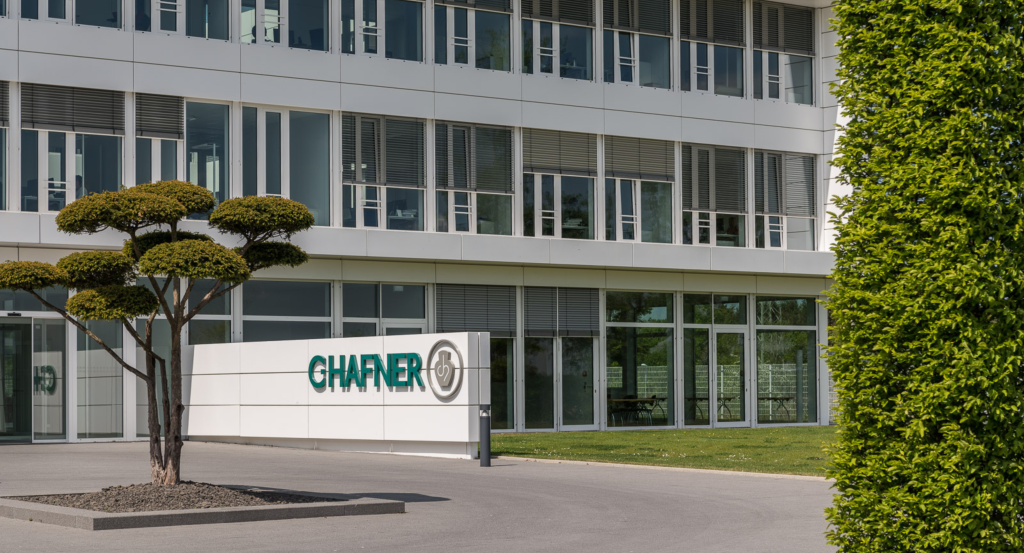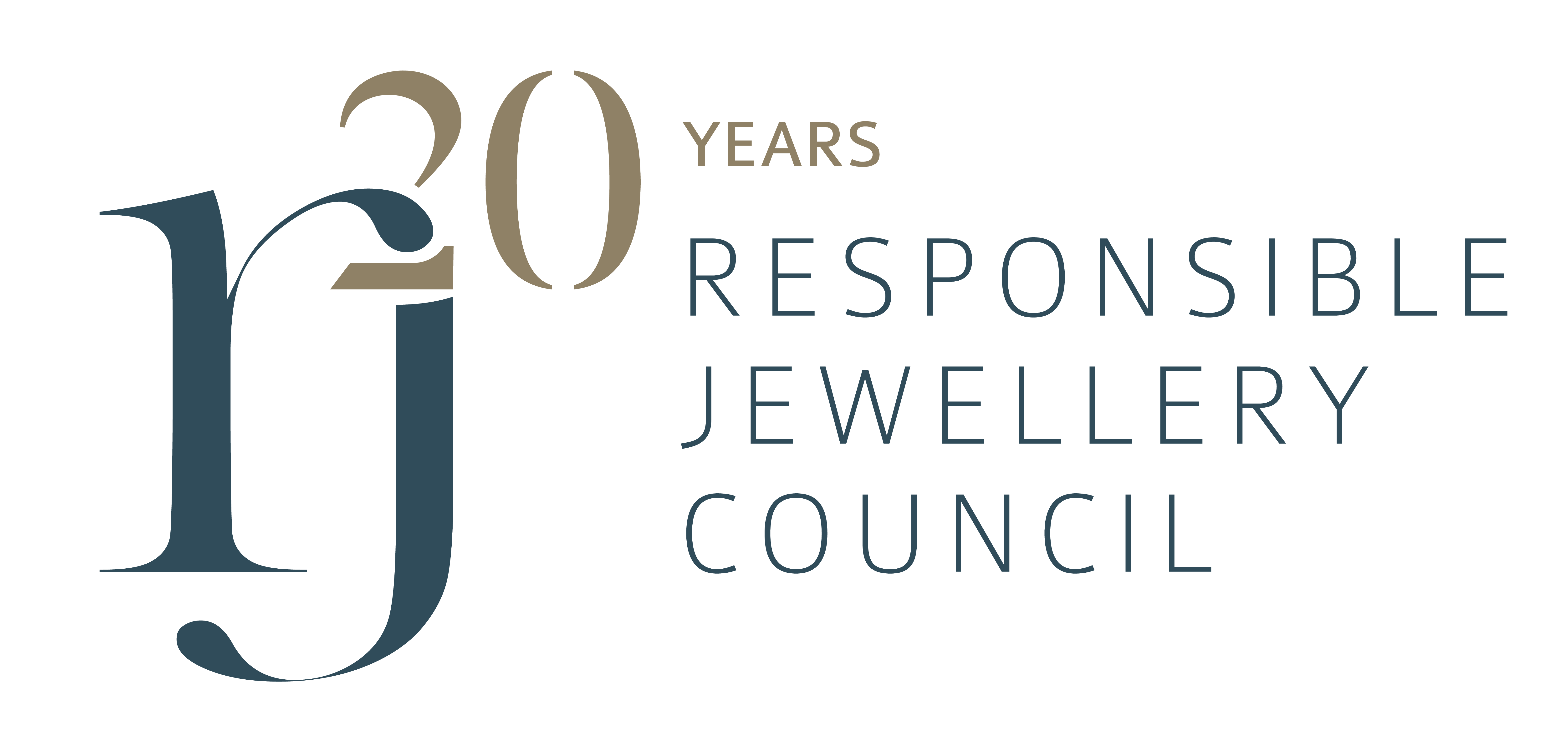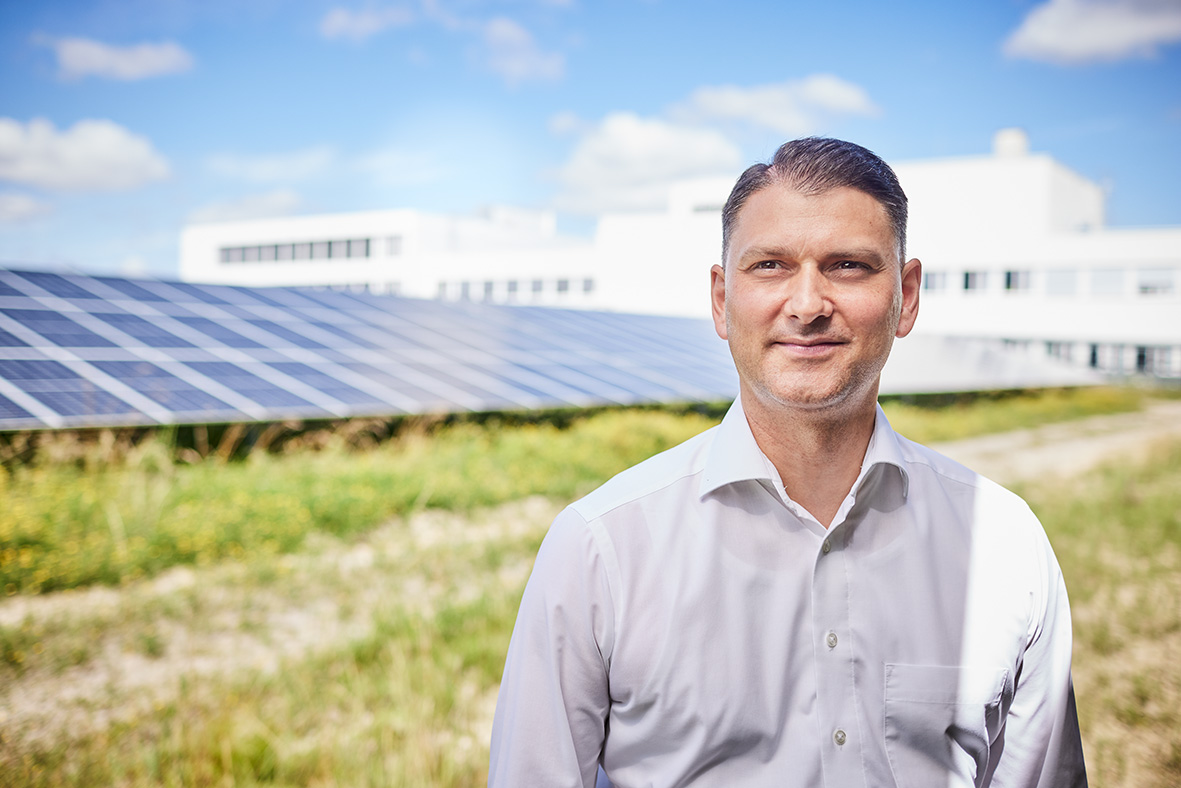“As a geoscientist by profession, sourcing and processing minerals and precious metals have been among my favorite professional pursuits during my early career. Since joining the precious metals sector in 2018, I have dedicated myself to becoming an expert in establishing responsible mineral supply chains, including within the artisanal and small-scale mining sector. Staying abreast of regulations impacting the precious metals industry, compliance topics, and standards development forms a key part of my daily responsibilities. In our operations, I place particular emphasis on environmental, social, and governance (ESG) matters.
In February 2022, our company joined the United Nations Global Compact, reflecting our commitment to enhancing sustainability efforts and maintaining a leading position in the circular economy and efficient recycling of precious metals. In my additional roles as Chair of the European Precious Metals Federation’s Sustainability Platform and Chair of the German Precious Metals Federation’s Sustainability Working Committee, I collaborate with peers on addressing environmental challenges to help the sector deliver its invaluable assets—precious metals. Lastly, I am proud to represent C.HAFNER within the RJC’s SDG Taskforce.” – Eduard Stefanescu, Sustainability Manager, C.Hafner (RJC Member).
What inspired C.Hafner to join the Responsible Jewellery Council (RJC)?
With roots dating back to 1850, when scraps from local small jewellery workshops were collected and refined into precious metals, sustainability has always been at the heart of our operations – even before the term became widely recognised. The current Management Board, which includes fifth-generation family members Mrs. Birgitta Hafner and Dr. Philipp Reisert, quickly recognised that the principles and goals of the RJC are fundamentally aligned with sustainability. This synergy enabled C.HAFNER to achieve dual certification – COP (Code of Practices) and COC (Chain of Custody) – right from the outset.
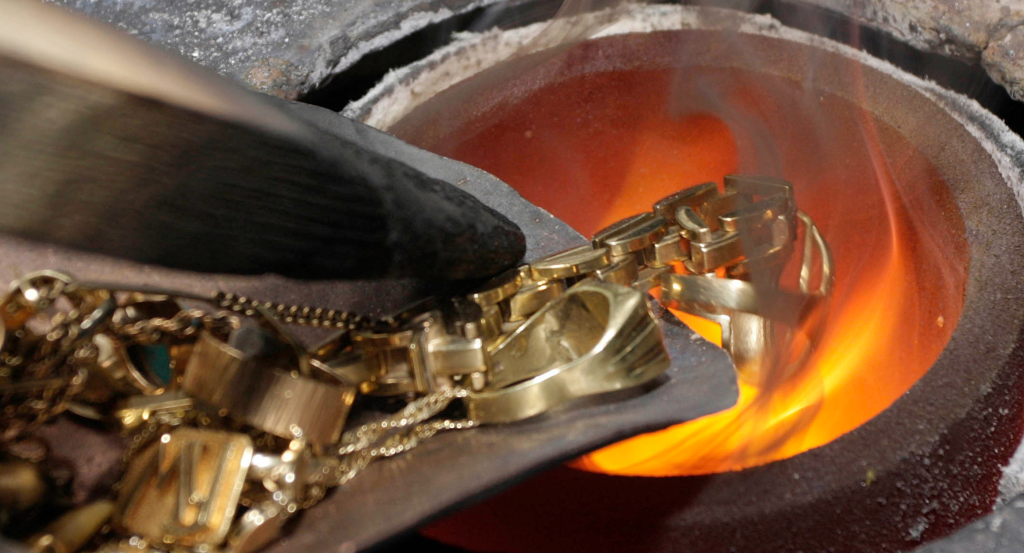
What does sustainability mean to you? How important is it for the future of our industry?
To me, sustainability means prioritising responsible business practices, resource efficiency, and the conscientious consumption of resources. Personally, I strive to embody these principles in my daily life. The importance of these values is particularly evident in the jewelry and watch industry. Considering the extensive reach of RJC members across the global supply and value chain, our collective impact is significant. I firmly believe that by adhering to RJC’s principles, we can ensure this impact is positive, at least in certain aspects of our endeavours.
What advice do you have for businesses/organisations looking to join the RJC?
The benefits of joining the RJC depend on the type of business or organisation. For a small business, the RJC’s principles and guidelines outlined in the Code of Practices (COP) can provide valuable support, particularly in areas such as social responsibility, human rights, and environmental practices. Larger businesses, on the other hand, are likely to already contribute a positive impact, and by becoming members they align with initiatives like the RJC SDG Taskforce, which exemplifies how renowned organisations can collaborate to drive progress, advancing goals that benefit both the sector and the broader world.
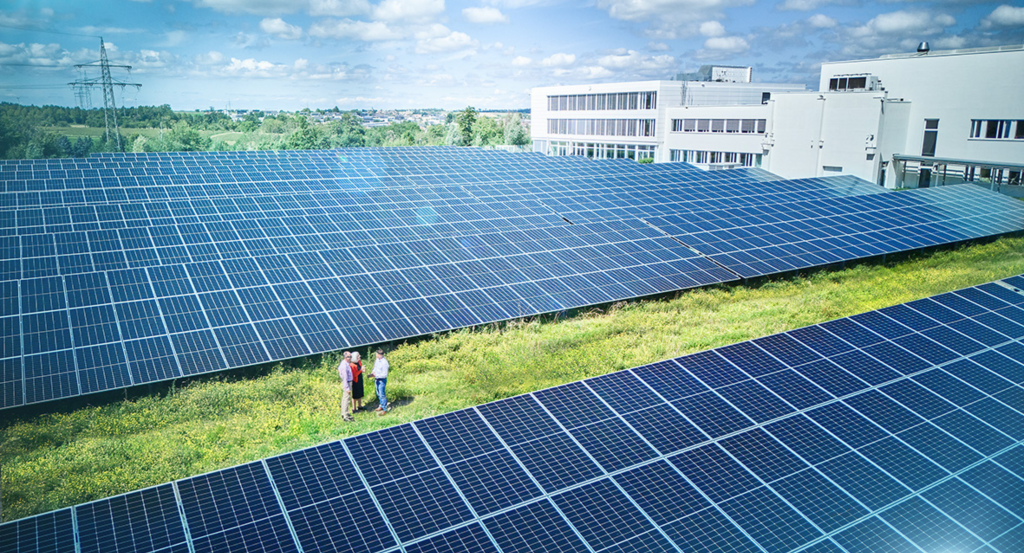
What changes do you wish to see in the jewellery and watch industry?
At the moment, none at all – we just need to keep moving in the right direction and focus on continuous improvement. Collaboration among members remains essential.
Do you have any exciting initiatives/projects that you would like to share with us?
We are, of course, very proud of our newly built photovoltaic plant located next to our headquarters, which will soon be connected to the grid. This marks another significant step forward in our sustainability journey. Once operational, the plant – combined with our existing roof-mounted PV system – will cover 60% of our electricity needs at the headquarters. Generating genuine green energy for our operations is a key element in significantly reducing C.HAFNER’s electricity-related emissions. Our goal is to steadily decrease our company’s scope 1, 2, and 3 emissions. With 2,353 modules and a maximum output of 1,214 kWp (kilowatt-peak), this project will play a crucial role in achieving our sustainability targets.
